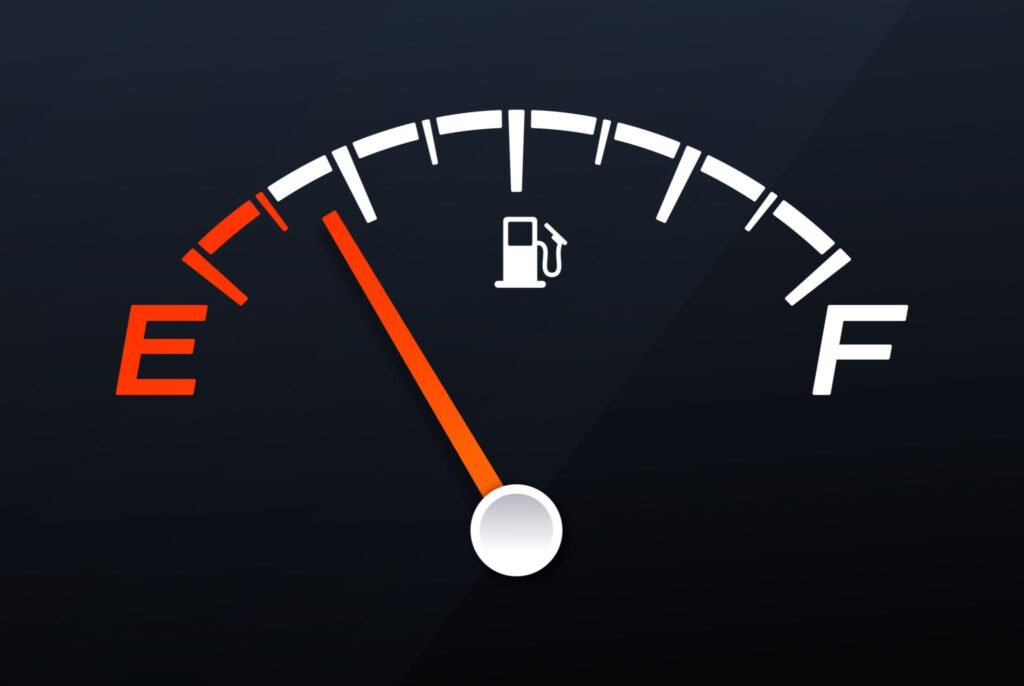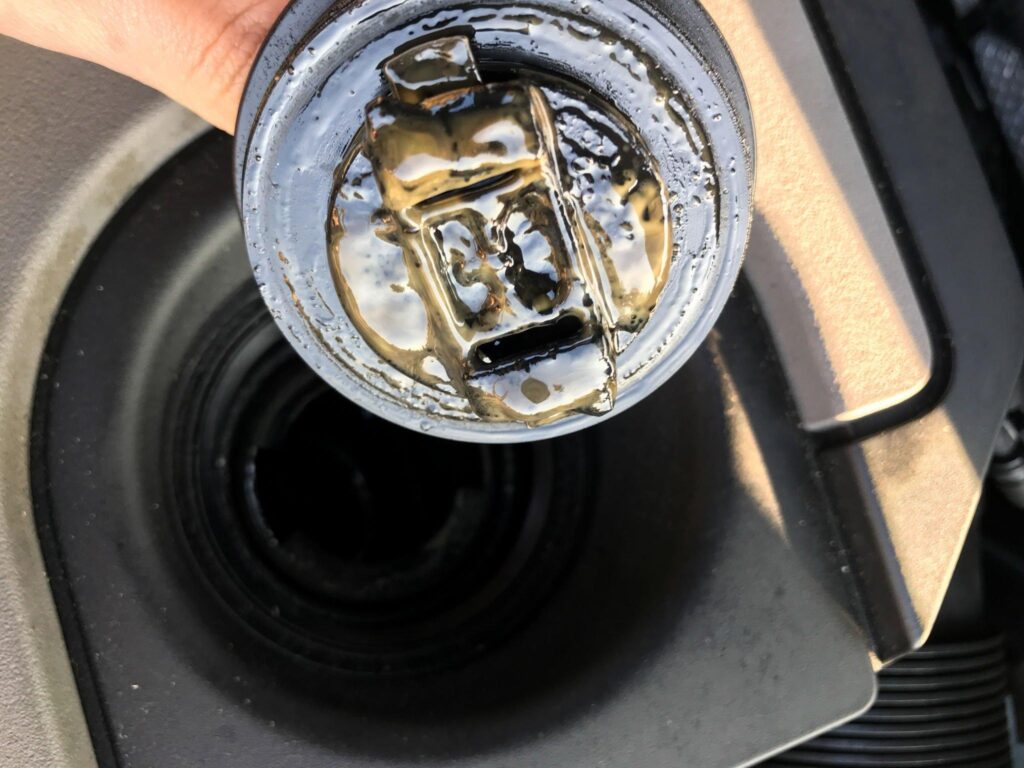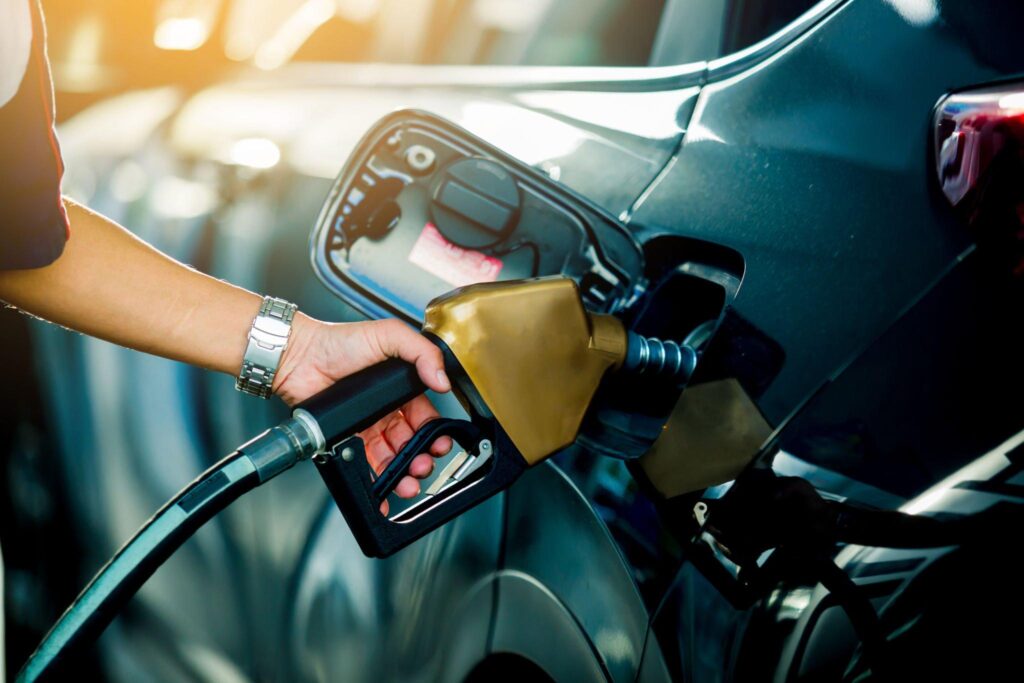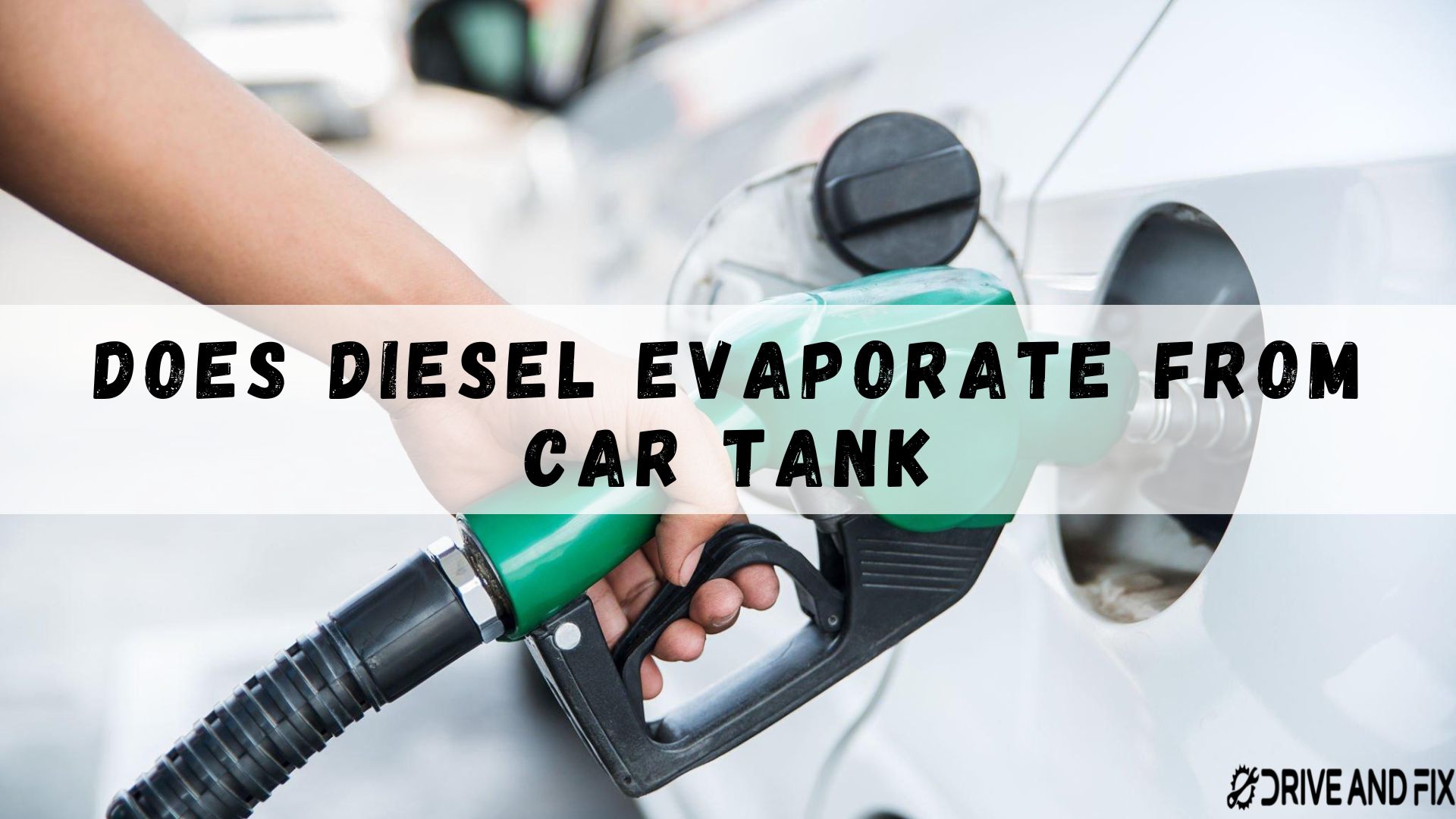Have you ever wondered what happens to this fuel once it is stored in your car’s tank? Does it evaporate into the atmosphere? One of the key concerns is whether diesel evaporates from the car tank. We will explore the factors that affect diesel evaporation and the measures you can take to minimize them.
From the impact of temperature to the effects of airtight seals, we will dive into the cause behind this and provide practical tips for maintaining your car’s fuel efficiency. So, whether you’re a car enthusiast or a concerned driver, read on to discover does diesel evaporate from a car’s tank or not. and how it can affect your car’s performance.
What Is Diesel Fuel And Its Uses
Diesel is a type of fuel that is commonly used in diesel engines. It is a liquid hydrocarbon mixture that is derived from crude oil through a refining process. It is composed of various hydrocarbons, primarily consisting of aliphatic and aromatic compounds.
Diesel is used in various types of vehicles including cars, trucks, buses, and trains, as well as in boats and some types of heavy machinery. It is also used as a heating fuel for buildings and in power generation plants. One of the main advantages of diesel fuel is its high energy density, which means that it contains more energy per unit volume than gasoline. This results in greater fuel efficiency and a longer range for vehicles that use diesel fuel. Additionally, diesel engines tend to be more durable and have longer lifespans than gasoline engines.
Does Diesel Evaporate From Car Tanks?

Diesel can evaporate from a car tank under certain conditions. The evaporation rate of diesel is affected by several factors, including temperature, air exposure, and the presence of impurities.
Temperature is one of the main factors that affect diesel evaporation. As the temperature increases, the vapor pressure of the fuel also increases, which can cause more fuel to evaporate. This means that diesel stored in a hot environment, such as a garage or storage area without proper insulation, is more likely to evaporate than fuel stored in a cooler area.
Air exposure also plays a role in diesel evaporation. If a car’s tank is not properly sealed, air can enter the tank and cause fuel to evaporate. This is why it’s important to make sure that the tank is airtight and that the filler cap is securely fastened.
The presence of impurities, such as water or other contaminants, can also affect diesel evaporation. These impurities can lower the flash point of the diesel fuel, making it more volatile and prone to evaporation.
While diesel does evaporate, it evaporates at a much slower rate than gasoline. It is also less volatile than gasoline, which means it is less likely to vaporize and cause air pollution.
It’s important to note that fuel vaporization from a car tank is normal and the loss rate is low, typically less than 0.1% per day, However, if you notice a significant amount of fuel loss or suspect that your tank is leaking, you should have it inspected by a professional to determine the cause and take appropriate action.
You May Also Like: Can I Apply Clear Coat the Next Day? The Ultimate Guide
Reasons Behind Evaporation Of Diesel From Car Tank

Several reasons can cause diesel to evaporate from a car tank:
- High Temperatures: As mentioned earlier, high temperatures can cause the vapor pressure of diesel to increase, leading to vaporization.
- Air Exposure: If the car tank is not properly sealed, air can enter the tank and cause fuel to evaporate. This can happen if the filler cap is not tightened properly or if there is a leak in the tank.
- Impurities: The presence of impurities such as water or other contaminants can lower the flash point of diesel, making it more volatile and prone to evaporation.
- Car Tank Ventilation: Some car tanks are designed with a venting system, which allows air to enter and exit the tank, this can cause vaporization as well.
- Car Tank Age And Material: As the tank ages, it may become more penetrable, which can lead to evaporation. Also, a few materials, such as plastic, may be more susceptible to evaporation than others, such as metal tanks.
- Humidity: High humidity can increase evaporation as well, as it will increase the vapor pressure of the fuel.
Effects Of Diesel Evaporation
The effects of diesel evaporation can be significant and include:
Environmental Pollution: Evaporation of diesel can release harmful pollutants into the air, including volatile organic compounds (VOCs) and particulate matter, which can have negative effects on human health and the environment.
Risk Of Fire: The increased vapor pressure in the tank can make the fuel more volatile, increasing the likelihood of combustion and the risk of fire.
Degradation Of Fuel Quality: As the fuel evaporates, it can leave behind impurities such as water, which can lower the fuel’s energy density and reduce its performance. Additionally, if the fuel is exposed to air for an extended period, it can become oxidized, which can further degrade its quality and reduce its performance.
Reduced Fuel Economy: As the fuel evaporates, the car’s tank will contain less fuel, which will require more frequent refills and can reduce fuel economy.
Cost: The evaporation of diesel can result in increased costs for vehicle owners, as they may need to purchase more fuel more frequently to maintain the same level of performance.
Compliance Issue: Vaporization of diesel fuel can also lead to non-compliance with emissions regulations in some cases, as the fuel vapor can release pollutants into the air.
It is important to take steps to minimize evaporation, such as properly sealing the car’s tank, storing the fuel in a cool, dry place, and regularly checking for impurities in the fuel.
Importance Of Preventing Evaporation Of Diesel
Preventing the vaporization of diesel fuel is important for several reasons:
Environmental impact: Evaporated diesel becomes a vapor, which can contribute to air pollution and have negative effects on human health and the environment.
Economic impact: Evaporation of diesel can lead to the loss of fuel, which can be costly for individuals and businesses that rely on diesel.
Safety: Evaporated diesel can create a fire hazard if it accumulates in enclosed spaces, such as a garage or underground fuel tank.
Compliance: Evaporation control is also a requirement of many regulatory bodies such as the Environmental Protection Agency (EPA) in the United States, as vaporization from fuel tanks is a significant source of air pollution.
Better fuel management: By preventing evaporation, it would be possible to better manage fuel usage, which can help to save money in the long run.
Tips And Tricks To Prevent The Evaporation Of Diesel
There are several ways to prevent this problem:
- Proper tank sealing: Make sure the car tank is airtight and that the filler cap is securely fastened. This will reduce the amount of air that can enter the tank and cause vaporization.
- Temperature control: Store the fuel in a cool, dry place to minimize the effects of high temperatures on evaporation.
- Regular maintenance: Regularly check the tank for leaks and impurities, such as water, which can lower the flash point of the fuel and make it more volatile.
- Tank ventilation: Make sure the tank has a proper ventilation system that is working properly, this will help prevent the build-up of pressure and evaporation.
- Use of fuel additives: Some fuel additives are available that can help reduce vaporization and extend the life of the fuel.
- Tank Cover: Use a tank cover to help protect the tank from the sun and other environmental factors.
- Keep your fuel tank full: Keeping your fuel tank full will reduce the amount of air inside the tank, which will reduce evaporation.
By taking these steps, you can help prevent the evaporation of diesel and maintain the quality and performance of your fuel.
FAQs About Does Diesel Evaporate From Car Tank

How long does it take for diesel fuel to evaporate?
The time it takes for diesel to evaporate can vary depending on factors such as temperature, humidity, airflow, surface area, volatility, and the presence of evaporation inhibitors. Normally, diesel can start to evaporate within a week or two if left sitting in an open tank.
Can diesel fuel evaporation be prevented with a fuel stabilizer?
Yes, diesel evaporation can be prevented or reduced by using a fuel stabilizer. Fuel stabilizers are designed to extend the life of diesel fuel and reduce the rate of evaporation, helping to prevent engine problems and reduce the amount of fuel that needs to be replaced.
Can diesel fuel evaporation cause clog fuel injectors?
Yes, diesel fuel evaporation can cause clogged fuel injectors. When diesel evaporates, it can leave behind residue and contaminants that can clog fuel injectors and cause engine problems.
Finally
Now you know the reason why and how diesel can evaporate from a car’s fuel tank and the rate at which it evaporates will depend on various factors. It is important to prevent the evaporation of diesel by ensuring that the fuel tank is sealed properly and by using fuel additives that can help to reduce evaporation. By preventing this, it will be possible to maintain the fuel quality, reduce the environmental impact, and save money on fuel costs.
Hopefully, you have learned a lot about how diesel evaporates from car tanks. But have you wondered why is Your Car’s Air Conditioner Losing Its Cool? If you think losing freon is the culprit then check- Does Freon Evaporate Over Time in A Car? Find Out Now
Check Out Our Popular Post:
Is it OK to Sit in Car with AC On? Here’s the Answer
Blown Fuse Car Won’t Start? Here’s What You Need to Know
Why Brake and Battery Light On After Replacing Alternator?
What to Do When Your Battery Light Stays On After Key Pulled?


